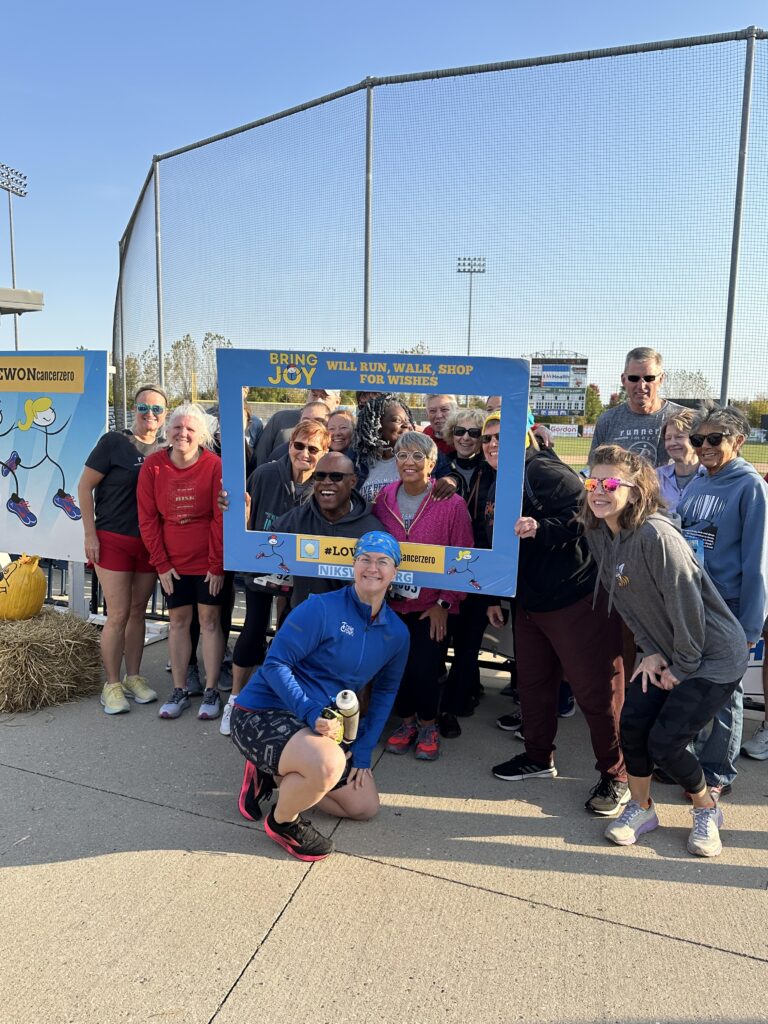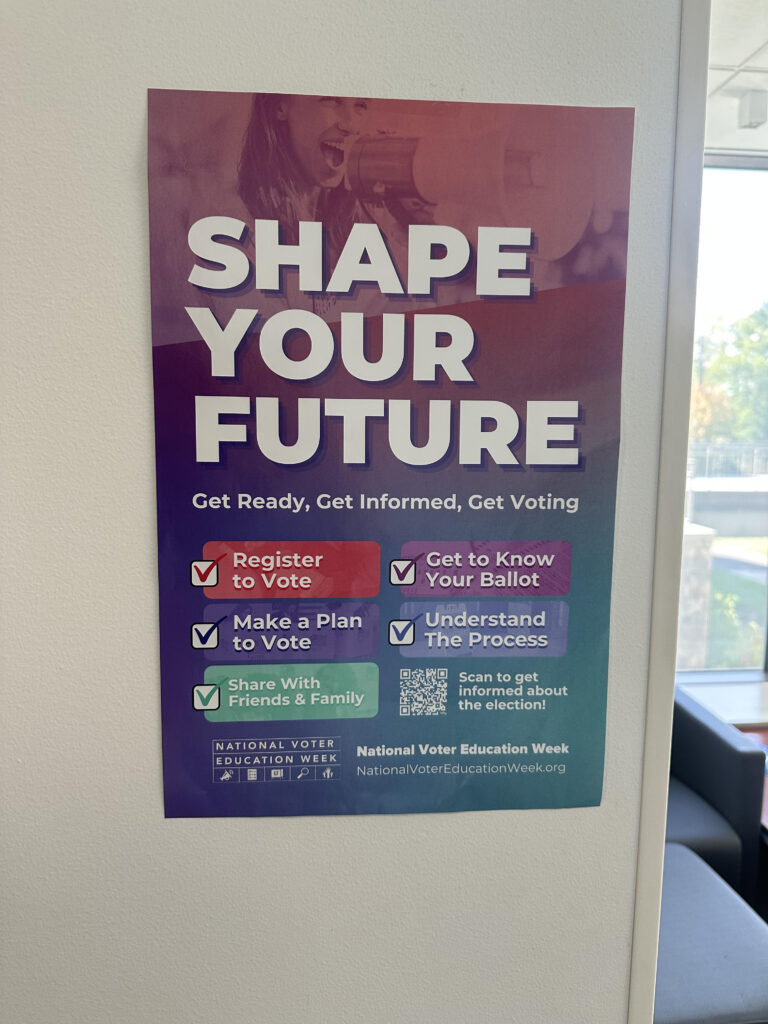
ADVANCE FOR USE WEDNESDAY, SEPT. 26, 2018, AT 12.01AM EDT AND THEREAFTER-In this Tuesday, June 23, 2015, photo, Charlie Branda, founder of Art on Sedgwick, pets her dog at her home in Chicago. Branda, now 53, moved to this home in 2008 and immediately felt that the nearby Sedgwick Street divided the neighborhood along racial and economic lines. She set out to try to unite people after a shooting near her home in 2013. While at least one of her neighbors moved away because of crime in the neighborhood, Branda opened an art studio four months after this photo was taken. "I wanted to get closer to people who were my neighbors," she says. (AP Photo/Martha Irvine)

Service Animals on Campus: Appropriate Etiquette
Lynn Shattuck, M.S. Director, RVC Disability Support Services
With an increase in the number of students with disabilities pursuing a postsecondary education, it is becoming more common to see service dogs on campus. It is important to understand the role of a service dog, and to follow proper etiquette, so as to not interfere with the tasks the dog is trained to provide.
Although it may be tempting to approach a service animal or want to pet one, distracting a service animal in any way (ex., by making noises, offering food, water, toys, or petting) may be dangerous to the animal’s handler, especially if the animal is a medical alert animal or brace/mobility support animal. In addition, it is important to show respect to individuals who use service animals by allowing them to go about their business uninterrupted and unbothered.
Simple rules of Etiquette for service animals and their handler:
- Do not feed or pet the service animal when you see them on campus;
- Do not distract the animal in any way;
- Do not try to separate the handler from the service animal;
- Do not harass or startle a service animal, and
- Please ignore the service animal entirely.
Service animals are NOT pets. Typically extensive training is required for a dog to become a service animal. As such, it is very important that the environment be conducive to the animal being able to carry out the specific tasks he/she has been trained to provide. Although it may not be obvious that an animal is working, service animals provide a wide variety of tasks for their handler. Some of the specific tasks a service animal may assist individuals with disabilities with include:
- Guiding individuals who are blind;
- Alerting individuals with hearing loss;
- Pulling a wheelchair for a person with a physical or mobility disability;
- Fetching or retrieving items, or turning on/off light switches;
- Alerting others or standing guard over a person during a seizure; or
- Calming a person with Post Traumatic Stress Disorder (PTSD) during an anxiety attack.
Typically, service animals are fitted with a vest or harness that clearly identifies them as a service or working animal. It is a general rule that when an animal is “in harness” it is working, however, service animals should be regarded as being a working animal at all times even if a harness is not visible.
Service animals are an invaluable tool for their handlers. They provide mobility, inclusion, comfort, and companionship, and they foster social interaction through their presence. By understanding the proper etiquette for interacting with a working team, you can help to foster a safe, positive, and respectful environment.
If you have any questions or concerns regarding service animals on campus, please feel free to contact the Disability Support Services office at (815) 921-2371.








